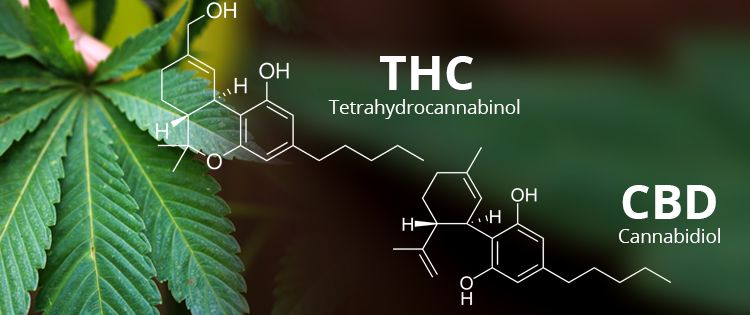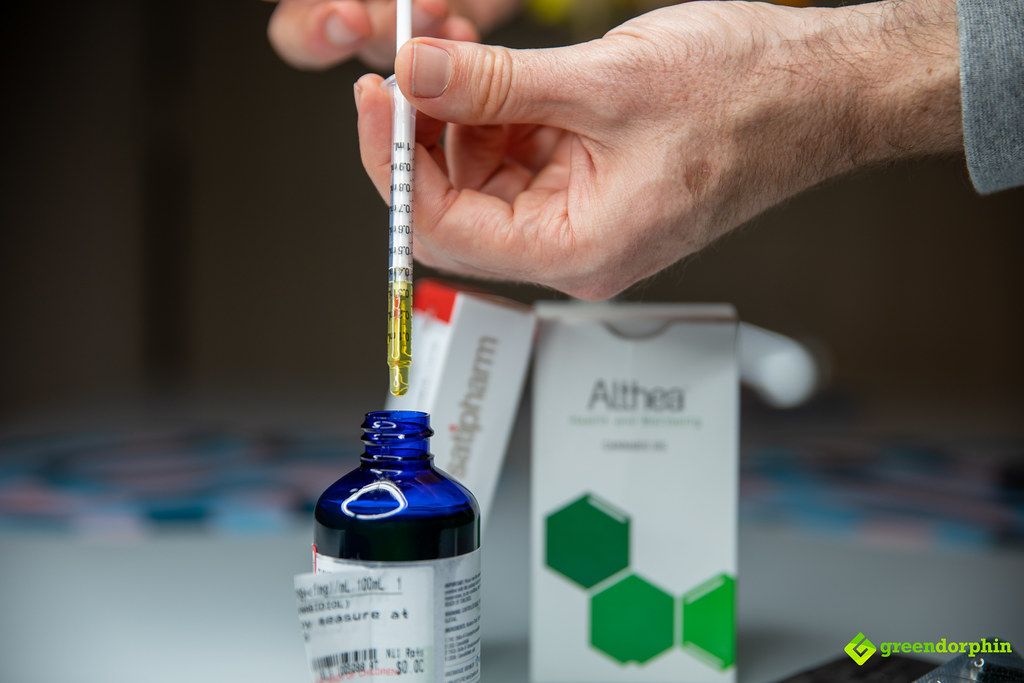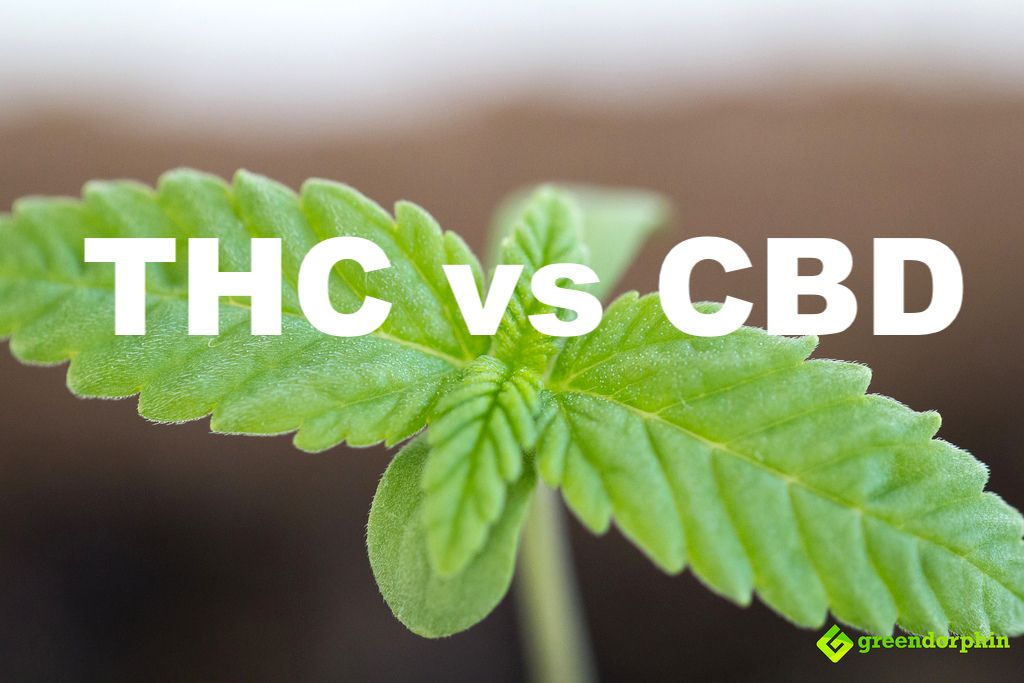In recent years, new legislation has increased the legal use of cannabis products to treat pain and other issues. Along with the growth in usage, consumers have become more curious about the different options that might be available to them.
Even if you are not overly familiar with these products, you may have heard of CBD and THC. It’s important to understand the differences between the two before you start using cannabinoids.
Chemical Structure
THC and CBD have the same structure of hydrogen, carbon, and oxygen atoms. This structure makes them similar to one another, but their respective atoms arrange themselves in different ways.
These arrangements are what account for the various effects the two compounds might have on your body.
In both cases, they will react with cannabinoid receptors and cause neurotransmitters to regulate pain or sleep functions.

Psychoactivity
Experts may usually refer to THC as the psychoactive compound. In truth, both THC and CBD can produce psychoactive effects. However, CBD doesn’t have these effects to nearly the same degree or in the same ways as its cousin.
THC is the one that produces what doctors or clients might call a euphoric state. CBD is more of a relaxant, and some studies have shown that it might help with anxiety or sleep regulation.
THC binds with particular receptors in the brain which CBD ignores or only connects with weakly.
Today, there are many ways to enjoy THC. If you don’t like smoking or vaping the product, you may try Delta9 5mg Gummie. It comes in a mixed berry flavor that you would enjoy. Just remember to keep it away from the reach of children and pets, as it could severely affect them. Also, like any other full-spectrum cannabis product, using this before a drug test will give you a failed result.
Medical Issues
There is some overlap in how CBD or THC might help people suffering from medical maladies. One of the key differences is the euphoric effect of THC that is not present in CBD.
If you have depression, general pain, seizures, or migraines, CBD supplements might be the right choice for you. Ongoing research points to the possibility of THC helping with insomnia, loss of appetite, or spasticity in the muscles.
It’s also crucial to note that CBD and THC can interact with your medications. If you’re taking blood thinners, you may need to consult your health care provider first. It would also matter where you get your CBD or THC. Remember to only get them from reputable dispensaries and retail stores with sufficient reviews since many products today are not correctly labeled.
Side Effects
While any supplement should be taken with caution and under doctor supervision when there are other medications involved, CBD oils are much less likely to cause any complications than THC.
THC may cause an increased heart rate, red eyes, or a dry mouth. It is possible to experience some fatigue or dizziness when you use CBD supplements. However, many people find CBD tolerable even in large doses.
This makes it much more accessible to those who need the benefits of the compound while also on other essential medications.
There may be minuscule concentrations of THC in CBD oil, but there are strict regulations for how much THC is legally allowed in CBD.

In appropriate doses, CBD can be safe to take. Under the guidance of your GP, you may start with the lowest dose and gradually increase, taking careful observations of your body’s reaction to the substance.
In high doses, there have been reports of liver injury, and this is something you wouldn’t want your body subjected to. A specific CBD is approved to be used in children with ADHD but strict monitoring and administration of the medicine must be done to ensure their safety.
THC is always present in a hemp plant, and tiny concentrations of it should not be enough to trigger any of the psychoactive properties. Both compounds may have medical benefits, but different versions might be right for various people.
You should always consult with a qualified medical professional on which oils or concentrations of products might be right for you. It is a good idea to study your state’s laws to see if there are any regional regulations for CBD.
- What Is the Difference Between CBD Supplements and THC? - October 22, 2020
- How to Best Use Edibles for an Extra Special Halloween - October 8, 2020
- How to Look for Responsibly Sourced Cannabis in Your Area - September 8, 2020


